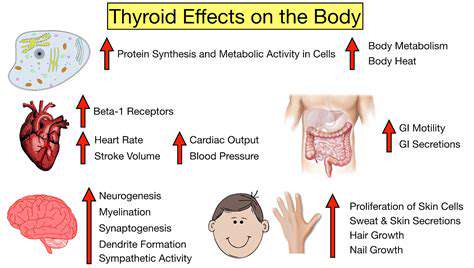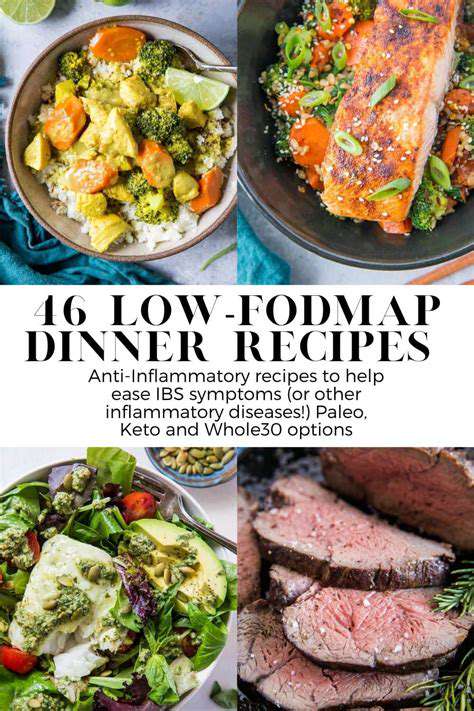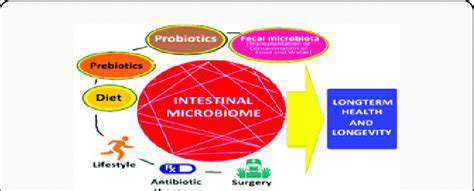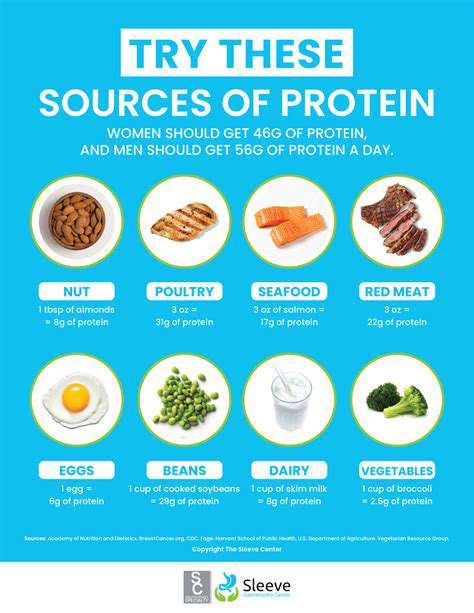Dairy Free Yogurt Recipes for a Healthy Gut
Choosing Your Base: The Perfect Dairy-Free Milk
Selecting the right plant-based milk is crucial for achieving the desired texture and flavor in your homemade dairy-free yogurt. Oat milk, almond milk, and soy milk are popular choices, each offering a slightly different mouthfeel. Consider your personal preferences and the specific recipe you're following when making your selection. Experiment with different types to discover your favorite for achieving the perfect creamy consistency, and remember that the quality of the milk will significantly impact the final product.
For a smooth and creamy yogurt, consider using a milk with a higher fat content. Some brands offer varieties with added fat, which can contribute to a richer texture. If you prefer a thinner consistency, a lower-fat option might be a better choice, but be aware that the texture may be slightly different.
Culturing Your Milk: Introducing the Beneficial Bacteria
The key to successful homemade dairy-free yogurt lies in the introduction of beneficial bacteria cultures. These cultures are essential for the fermentation process that transforms the milk into yogurt. You can find these cultures in various forms, including live yogurt starter cultures specifically designed for plant-based milk. Look for cultures that are specifically labeled for dairy-free use, as they are optimized for the unique properties of plant-based milk.
The Fermentation Process: Timing and Temperature
Maintaining the correct temperature during the fermentation process is critical for achieving a tangy and flavorful yogurt. A consistent temperature range between 100-115°F (38-46°C) is generally ideal for optimal fermentation. Use a yogurt maker or a carefully controlled water bath to maintain the temperature throughout the fermentation process.
The fermentation time required will vary depending on the specific culture and desired tanginess. Typically, this process will take anywhere from 6 to 12 hours. Be sure to closely monitor the fermentation process and adjust the timing if necessary. Checking the yogurt's consistency is a good indicator of how long it needs to ferment.
Flavor Enhancements: Beyond the Basics
Once the fermentation process is complete, you can customize your dairy-free yogurt with a variety of delicious flavors. Adding fresh fruit, nuts, seeds, or spices can transform a simple yogurt into a decadent and healthy treat. Experiment with different combinations to create your perfect flavor profile. The possibilities are endless, allowing you to create a unique and satisfying yogurt experience each time.
Storing and Enjoying Your Homemade Dairy-Free Yogurt
Once your dairy-free yogurt is ready, transfer it to an airtight container and store it in the refrigerator. Dairy-free yogurt, like traditional yogurt, will last for several days when properly stored. Enjoy your homemade yogurt on its own, use it as a topping for fruits, or incorporate it into your favorite recipes. The versatility of dairy-free yogurt makes it a healthy and delicious addition to any diet.
Tips for Optimal Gut Health with Dairy-Free Yogurt
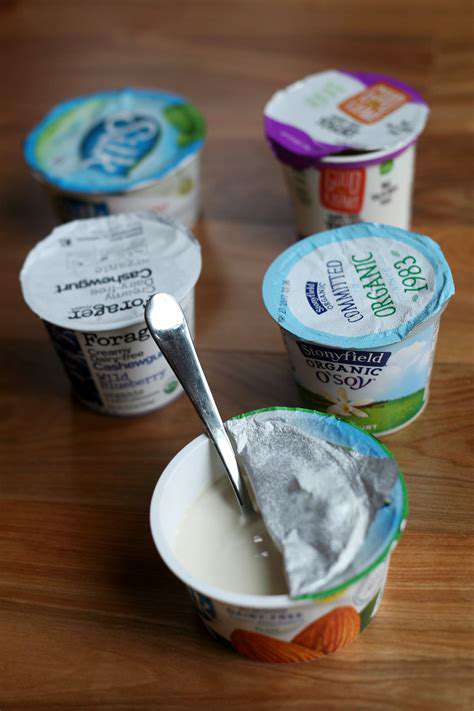
Dietary Fiber for a Healthy Gut
A diet rich in dietary fiber is crucial for optimal gut health. Fiber acts as a prebiotic, feeding the beneficial bacteria in your gut, which are essential for digestion and overall well-being. This includes a wide variety of fruits, vegetables, legumes, and whole grains. Including these foods in your daily meals can significantly improve your gut microbiome composition, leading to better nutrient absorption and a more resilient digestive system.
Increasing fiber intake gradually is important to avoid digestive discomfort like bloating and gas. Start by incorporating small amounts of high-fiber foods into your meals and gradually increase the portion sizes as your body adapts. This approach allows your digestive system to adjust to the increased fiber content, minimizing any potential digestive issues.
Probiotics and Prebiotics for Gut Balance
Probiotics are live microorganisms, like bacteria and yeasts, that are beneficial for your gut health. They can restore a healthy balance of gut bacteria, which is often disrupted by factors like stress, poor diet, or medications. Consuming fermented foods such as yogurt, kefir, sauerkraut, and kimchi are great ways to introduce probiotics into your diet. These foods contain beneficial live cultures that can help populate your gut with good bacteria.
Prebiotics are non-digestible food ingredients that selectively stimulate the growth and/or activity of beneficial bacteria in the colon. They are essentially food for the good bacteria, encouraging their proliferation and helping to maintain a healthy gut microbiome. Foods rich in prebiotics include onions, garlic, asparagus, bananas, and leeks. Incorporating these foods into your diet can help promote a thriving gut ecosystem.
Hydration and Stress Management
Staying adequately hydrated is essential for overall health, including gut health. Water helps to move food through your digestive system, promoting regular bowel movements and preventing constipation. Dehydration can disrupt gut motility, leading to discomfort and potentially impacting the balance of gut bacteria. Aim for at least eight glasses of water per day, and increase your intake if you're engaging in strenuous activities or in warm climates.
Stress can have a significant impact on your gut health. Chronic stress can disrupt the delicate balance of gut bacteria, potentially leading to digestive issues and other health problems. Practicing stress-reducing techniques such as yoga, meditation, or spending time in nature can help maintain a healthy gut environment. Prioritizing stress management alongside a healthy diet and lifestyle choices is a crucial step toward optimal gut health.
Regular Exercise and Sleep for Gut Well-being
Engaging in regular physical activity contributes to a healthy gut. Exercise promotes better blood circulation and supports the function of the digestive system. Regular movement can also help reduce inflammation throughout the body, including the gut. A combination of cardio and strength training can positively impact gut health and overall well-being.
Adequate sleep is crucial for overall health, and this includes maintaining a healthy gut. During sleep, the body repairs and regenerates tissues, including the lining of the gut. Sleep deprivation disrupts the body's natural processes and can negatively affect the gut microbiome, potentially increasing the risk of gut-related issues. Prioritizing quality sleep is vital for a healthy gut and overall well-being.
